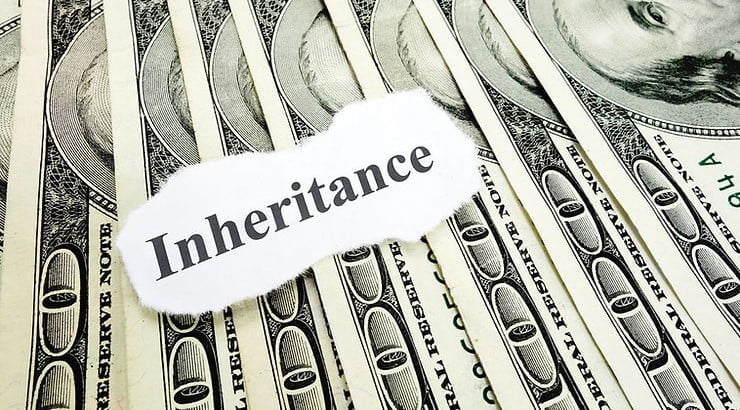|
|
Last Modified on Sep 06, 2021
Like many people, we have taken some of this time during the COVID pandemic to do some very important catching up on television. In one of the shows we have been watching, one of the storylines had to do with the death of the main character and the significant amount of money left as an inheritance to other characters.
The conflict being presented was that a person who inherited a large sum was about to be married, and there was some concern that the fiancé could wind up with half of the inheritance. It is an understandable point given that California, where the show takes place, is a community property state. Therefore, the fiancé would be entitled to half of the marital assets.
While the point made for decent conflict led to the inevitable cliché of “I love you and have no interest in the money,” the truth is that in this case, the woman who inherited the money had nothing to worry about.
What is Community Property?
Community property is generally everything that is acquired during a marriage or domestic partnership. Thus, community property includes everything from wages earned to property, business interests, intellectual property, and even debt. In the event of a divorce, barring any pre or post-nuptial agreement, all community property is divided equally.
There is an exception to the rule: Gifts or Inheritance. Whether the inheritance is received before or after the wedding, a gift or estate given individually to a spouse remains the separate property. Therefore, it is not subject to community property laws.
The Exception to the Exception
It would be too easy if it ended there, but there are cases when an inheritance, which starts as separate property, can become community property. The exceptions have the very technical-sounding names of Transmutation and Commingling.
Transmutation has nothing to do with any spiritual awakening. Let’s say, for example, part of your inheritance includes a house. You and your spouse decide you will live in the house as your primary residence, and you put your spouse’s name on the deed. Over time, your spouse takes care of the house while you are working. You split the chores and all the expenses of maintaining the house. In the case of a divorce, it is pretty likely that the house, even though it was initially part of the inheritance, will now be considered community property if when and how your spouse’s name was added to the title met the requirements transmutation.
If you receive an inheritance and place the money in a separate account in your name away from other family accounts, the funds will remain separate property. However, if you set the money in an account you share with your spouse with additional funds, the money is no longer separate property. If you put money from an account you share with your spouse into this separate account, it also becomes Comingled and could no longer be separate property. By Commingling the funds, you convert the money to community property. If you then divorce, if you claim the money is separate property, the burden of proof is on you to convince the judge that the money is separate property.
Keep good records
When it comes to an inheritance, you should maintain proper records regarding the money showing you are the sole owner of the accounts in question. You never intended to transfer ownership of the funds to your spouse. Therefore, make sure to keep the documents showing how you received the money and ALL of the periodic account statements for any financial accounts containing your separate property in a safe place, including backup electronic copies.
So, the two lessons here are that if you maintain an inheritance apart from other marital assets, it is considered separate property and not subject to community property laws. Second, you can’t believe anything you see on television.





